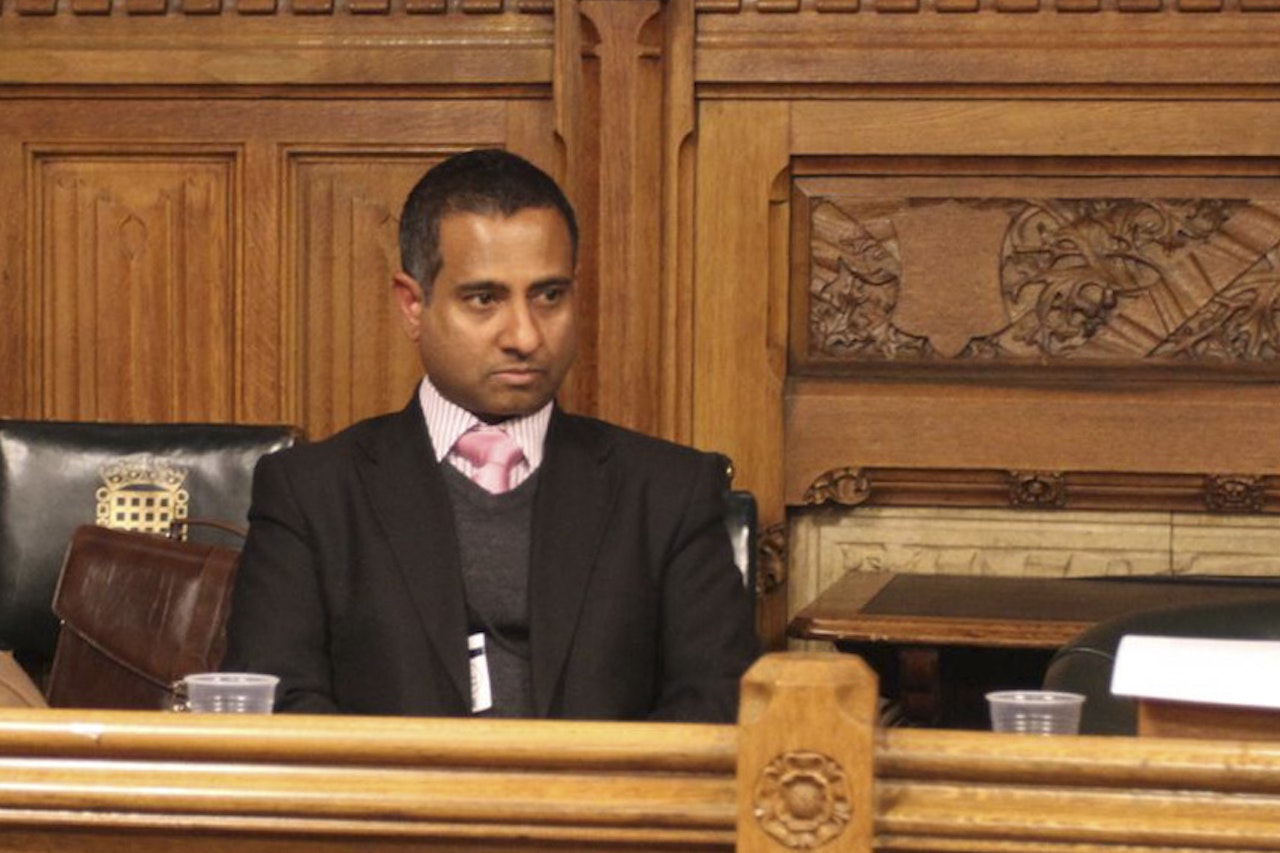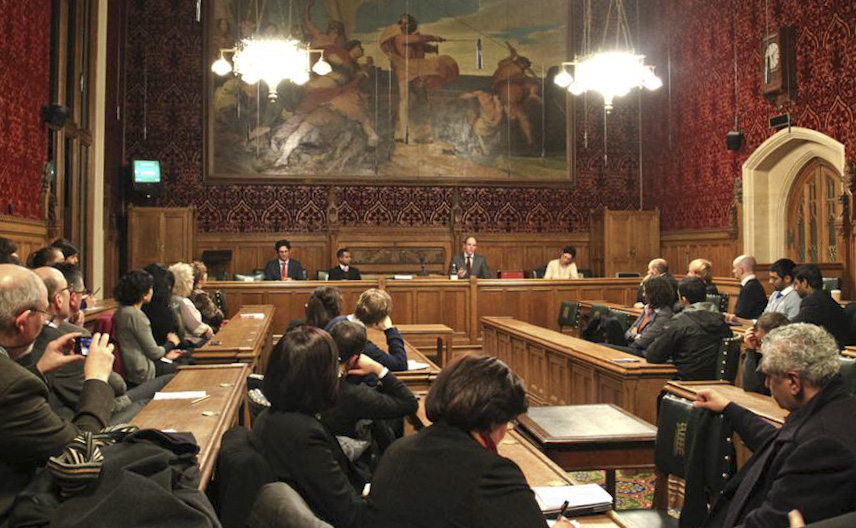
LONDON, ENGLAND — The Iranian government's policy of excluding those it deems "ideologically unsound" from higher education is eroding progress made in women's access to secondary education, creating significant obstacles for minorities, and undermining academic freedom.
Those were among the concerns expressed at a seminar, held at the UK parliament, by Ahmed Shaheed – the United Nations Special Rapporteur on the situation of human rights in Iran.
Stressing the importance of global scrutiny of Iran on its human rights record, Dr. Shaheed noted that the "international community has an indispensable role to play in continuing to support the voices of Iranian citizens that continue to demand that the right to education become a reality for all."
The seminar, held on 18 December, was organised by the UK parliament's All Party Parliamentary Friends of the Baha'is group and chaired by Nic Dakin, member of parliament for Scunthorpe.

Among other contributors to the discussion was Scott Sheeran, Director of the Human Rights in Iran unit at the University of Essex Human Rights Center. He explored the complex connections that link the right to education to other rights, such as the rights of minorities, non-discrimination and equality before the law, and freedoms of expression, religion and belief.
Daniel Wheatley of the UK Baha'i community shared details of the lengths to which Iran's government has gone to exclude Baha'is from access to higher education, while Tahirih Danesh – an independent researcher on women's rights – paid tribute to imprisoned human rights lawyer, Nasrin Sotoudeh.